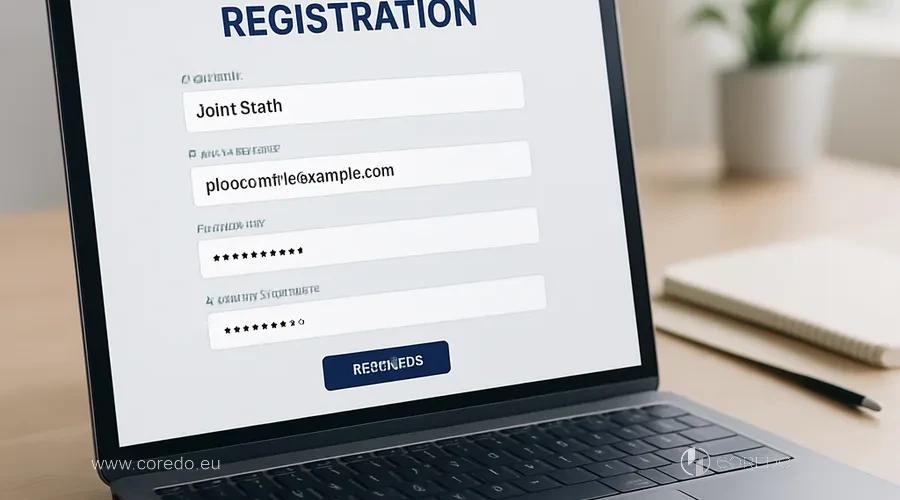The main advantages of Samoa International offer entrepreneurs and investors unique opportunities to conduct business at an international level. Among the key benefits are the flexibility of the corporate structure, a high degree of confidentiality and attractive tax conditions, which make Samoa International a popular choice for multinational companies. Below we will consider the main advantages of multinational business in this jurisdiction.
Benefits of Multinational Business
Confidentiality: another factor appreciated by our clients. Samoa has no public register of directors and shareholders, and beneficiary data is protected by law and is not disclosed to third parties without a special request in accordance with international tax information exchange agreements (Tax Information Exchange Act 2012). The solution developed by COREDO for a large EU holding made it possible to preserve the privacy of the ownership structure even in cross-border transactions.
Flexibility of corporate governance – a Samoa International Company allows the appointment of corporate directors and shareholders, holding meetings anywhere in the world, as well as remote management of the business without the need for physical presence. This is especially relevant for entrepreneurs operating in several jurisdictions at the same time.
Comparison of Offshore Jurisdictions
- Tax regime: Samoa guarantees a 0% tax on income from foreign sources, while in a number of other offshore jurisdictions tax incentives are gradually being reduced under pressure from international regulators.
- Confidentiality: Samoa has no public register, and disclosure of information is possible only by court order or under international agreements.
- registration requirements: Minimal requirements for authorized capital (from 1 USD), no mandatory audit and the possibility to register a company entirely remotely.
Registration and Management Process

Directors and Shareholders: rules
Corporate documentation and accounting
- Key documents of a Samoa International Company: Memorandum and Articles of Association, Register of Directors and Shareholders. All corporate documentation is maintained in English, with the option of notarization and apostille for international operations.
- Accounting: a mandatory requirement, but an audit is not required if the company does not carry out activities in Samoa. The solution developed by COREDO for clients from Asia provides for the implementation of International Financial Reporting Standards (IFRS), which facilitates opening accounts and interacting with banks in the EU and the Caribbean region.
In addition, the application of international reporting standards contributes to compliance with AML and KYC requirements, which is especially important for lawful activity in global markets.
AML and KYC procedures

Mandatory procedures – what’s included
- International AML (Anti-Money Laundering) and KYC (Know Your Customer) standards are strictly applied to Samoa International Business Company. The Samoa International Finance Authority (SIFA) requires the provision of full information on beneficial owners, sources of funds and the company’s purposes of activity. COREDO’s practice has shown that thorough preparation of the KYC dossier and a preliminary compliance audit help avoid delays when opening accounts and obtaining licenses.
- For a Samoa Offshore Company, procedures for identifying shareholders and directors, address verification, checks of funding sources, and annual data updates in accordance with the requirements of international tax information exchange agreements are mandatory.
Opening a bank account

What banking service options are available?
- Samoa International Company provides extensive opportunities for opening bank accounts in the EU, Asia and the Caribbean region. The COREDO team has supported dozens of account-opening projects for Samoa IBC in banks in the Czech Republic, Estonia, Singapore and Cyprus, taking into account AML/KYC requirements and the specifics of banks’ compliance procedures.
- To successfully open an account for a Samoa International Company, the following must be provided:
- Certificate of incorporation;
- Constitutional documents;
- KYC dossier on the beneficiaries;
- Proof of source of funds;
- Ownership structure and a corporate resolution appointing the authorized person.
Legal support: risks and protection

Legal risks and compliance
To minimize risks the COREDO team recommends:
- Conduct an annual compliance audit;
- Ensure transparency of the ownership structure;
- Appoint a qualified corporate secretary;
- Implement international standards for financial reporting and document storage;
- Promptly update information on beneficial owners and shareholders.
Conclusion and recommendations

Key findings
Practical steps I recommend:
- Analyze registration goals: determine whether you need a Samoa IBC for a holding, investment fund, insurance company, or payment business.
- Conduct a preliminary compliance audit: prepare a KYC/AML dossier, ownership structure, and business plan.
- Choose a qualified corporate secretary: this is a key element for compliance with SIFA requirements and international standards.
- Implement international reporting standards: use IFRS to facilitate banking operations and interaction with counterparties.
- Ensure transparency and relevance of corporate documentation: regularly update information on beneficial owners, shareholders, and directors.
- Plan tax optimization: use the advantages of 0% tax on foreign income, but take into account international tax information exchange agreements.
Comparison of Samoa IBC
| Characteristic | Samoa IBC | Other offshore jurisdictions |
|---|---|---|
| Tax regime | 0% on foreign income | Varies by jurisdiction |
| Confidentiality | High, no public registry | Varies, often lower |
| Registration requirements | At least 1 director and 1 shareholder | Different requirements |
| AML and KYC | Mandatory procedures | Mandatory, but may vary |